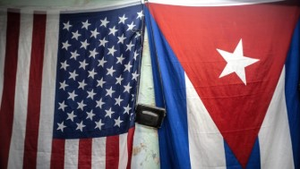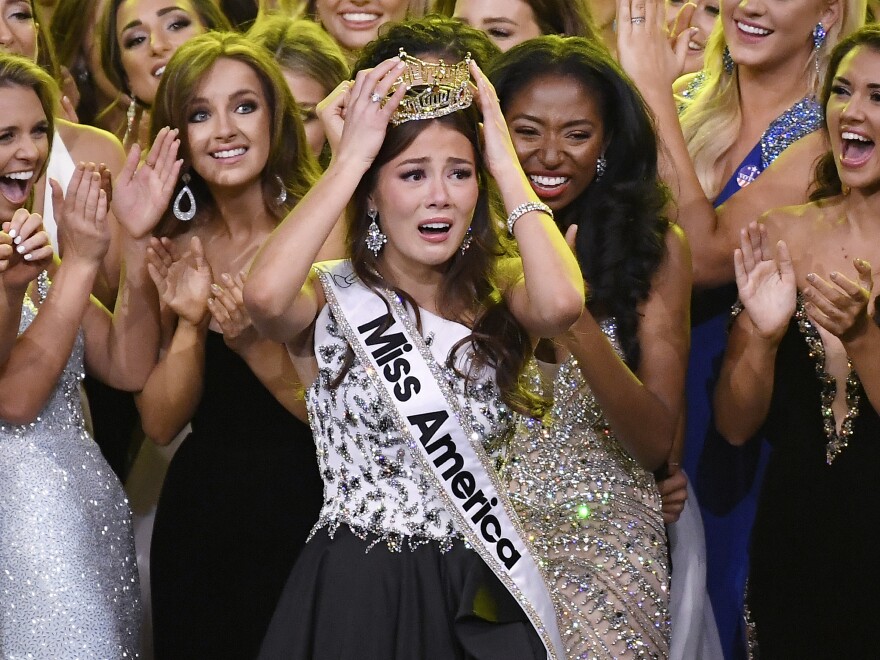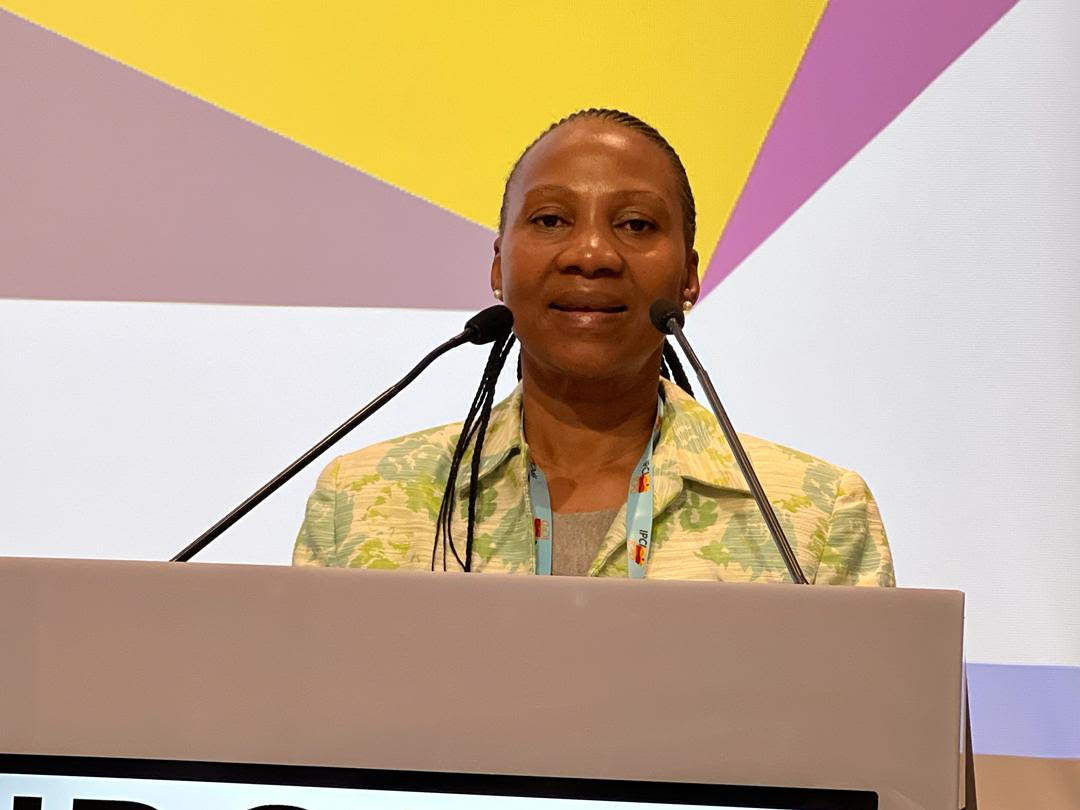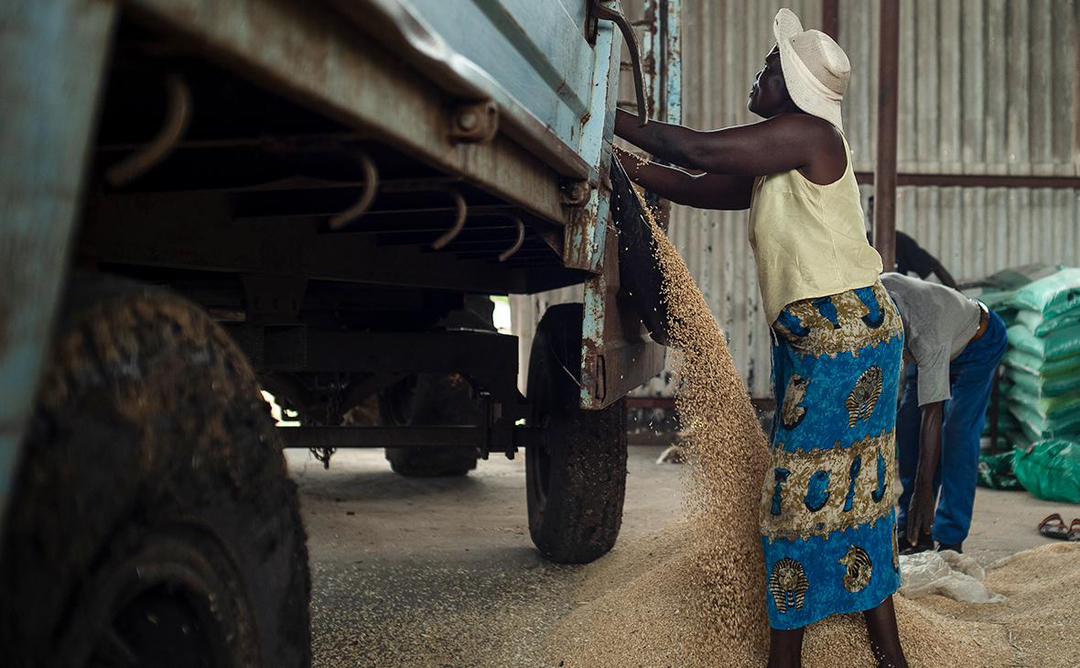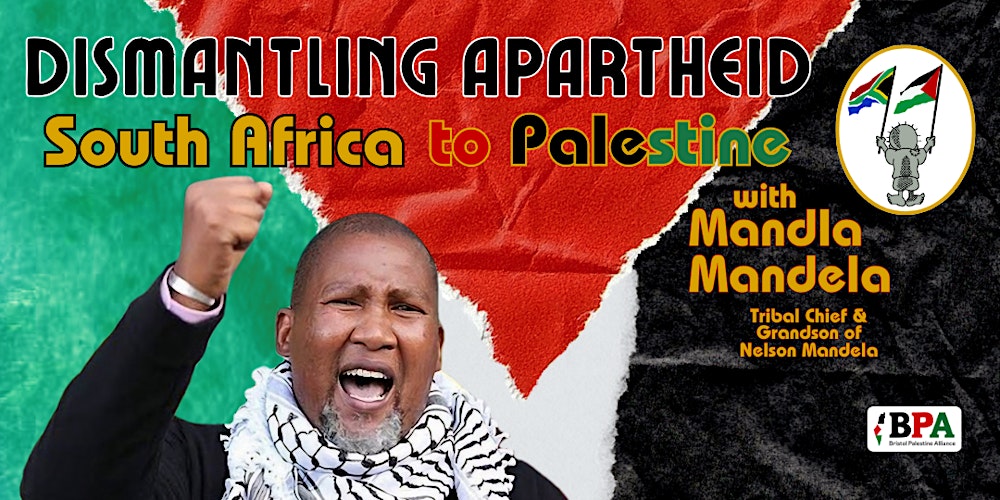
Address by Nkosi ZMD Mandela, Held at Bristol, UK | Thursday, 17th October 2024
How did the Boycott work in SA, what does it look like for us here in UK?

To boycott means to stop buying or using the goods or services of a certain company or country as a protest.
The word boycott entered the English language during the Irish “Land War” and derives from Captain Charles Boycott, the land agent of an absentee landlord, Lord Erne, who lived in County Mayo, Ireland. Captain Boycott was the target of social ostracism organized by the Irish Land League in 1880.
The term boycott was coined after Irish tenants followed Charles Parnell’s suggested code of conduct and effectively ostracized a British estate manager, Charles Cunningham Boycott.
Inside South Africa, riots, boycotts, and protests by black South Africans against white rule had occurred since the inception of independent white rule in 1910. Opposition intensified when the Nationalist Party, assuming power in 1948, effectively blocked all legal and non-violent means of political protest by non-whites
During the 1940s and 50s many bus boycotts occurred in South Africa in the Johannesburg area, all of which contributed to the eventual deconstruction of Apartheid, but which dealt specifically with issues such as “routing, overcrowding, departures from schedule, danger, unsheltered terminals, and rude staff”.
On 7 January, 1957, the community of Alexandra in response to fare increases, launched a bus boycott exclaiming, “Azikhwelwa!” “We shall not ride!” was the rallying cry as they walked the 22 miles from Alexandra to Johannesburg rather than taking the bus.
The Anti-Apartheid Movement began as the Boycott Movement, set up in 1959 to persuade shoppers to boycott apartheid goods. It invoked Chief Albert Luthuli’s appeal for an international boycott of South African products. For 35 years the consumer boycott was at the heart of anti-apartheid campaigns.
The potato boycott of 1959 was a consumer boycott in Bethal, South Africa during the Apartheid era against slave-like conditions of potato labourers in Bethal, Transvaal. The boycott started in June 1959 and ended in September 1959. Prominent figures of the movement included Gert Sibande, Ruth First, Michael Scott and Henry Nxumalo.
During the 1964 Tokyo Olympics, the International Olympic Committee (IOC) banned the South African team from participating in the Olympics in order to demonstrate the unified and international disapproval of South African apartheid.
The academic boycott of South Africa comprised a series of boycotts of South African academic institutions and scholars initiated in the 1960s, at the request of the African National Congress, with the goal of using such international pressure to force the end to South Africa’s system of apartheid. The boycotts were part of a larger international campaign of “isolation” that eventually included political, economic, cultural and sports boycotts. The academic boycotts ended in 1990, when its stated goal of ending apartheid was achieved
The consumer boycott call came out of community organisations and grew in 1985, spearheaded by the UDF and affiliated organisations. These put forward explicitly political national demands: lifting the State of Emergency, removing police and army from townships, and releasing all political prisoners and detainees.
The boycotts took the form of not buying from mainly white-owned shops, and shops owned by black collaborators with the apartheid regime. In some cases, these were supplemented by local demands such as those for democratic student representative councils and demands aimed at local government. Cosatu added a national demand for political rights for all.
The boycott began piecemeal in a number of small Cape towns. It grew in Port Elizabeth by mid-July, then spread through the rest of the Eastern Cape, and to the Western Cape, the Transvaal, and Natal.
The school boycotts of the 1980s and 1990s were important acts of social protest and defiance that brought pressure on the Apartheid regime
These examples of boycotts illustrates that it was used as a tool or strategy to address local issues but combined both local and international strike action. Boycotts were a pivotal part of our internal mass mobilisation as well as building international solidarity as championed by the Anti-Apartheid Movement in the UK and Ireland.
Question 2:
What role does anti-zionism have in terms of Palestinian liberation and how important is it to successfully dismantle apartheid in Palestine?
The World Zionist Organization, established by Theodor Herzl in 1897, declared that the aim of Zionism was to establish “a national home for the Jewish people secured by public law.” Zionism drew on Jewish religious attachment to Jerusalem and the Land of Israel (Eretz Israel).
Anti-Zionism is opposition to Zionism. Although anti-Zionism is a heterogeneous phenomenon, all its proponents agree that the creation of the modern State of Israel, and the movement to create a sovereign Jewish state in the region of Palestine—a region partly coinciding with the biblical Land of Israel—was flawed or unjust in some way.
Many anti-Zionists seek to replace Israel and its occupied territories with a single state that would give Jews and Palestinians equal rights.
Since the creation of the state of Israel Palestinians have been engaging in a struggle of liberation. In South Africa whilst we have a long history of resistance dating from as early as 1505 in which the Portuguese were defeated at the Battle of Salt River in Cape Town, and the 150 year long frontier wars we largely adopted the four pillars of struggle viz. mass mobilisation, the armed struggle, underground organisation and international solidarity. In our case we pursued passive resistance since the founding of the South African Natives Congress in 1906 and later the SANNC in 1912, it wasn’t until 1962 that we adopted the armed struggle that led to the formation of Umkhonto Wesizwe the ANCs armed wing.
It was the combination of the four pillars led by the internal mass mobilisation that brought an end to the Apartheid system and the dawn of freedom in 1994.
Dismantling Apartheid Israel should be no different albeit that Apartheid Israel and its allies have mounted an incomparably violent response to the Palestinians aspiration of freedom. Apartheid Israel have utilised genocide, ethnic cleansing and war crimes as its tools in attempts to achieve its objective of crushing Palestinian resistance ,
Since October 7th the struggle in Occupied Palestine has taken on a new level of intensity both in terms of the internal Palestinian Resistance that we have witnessed waged by Hamas, Palestinian Islamic Jihad and other religious and securely groups. This has been perhaps the greatest demonstration of unity and internal resistance in the history of the Palestinian struggle.
The emergence of the Axis of Resistance with Hezbollah in Lebanon, Ansarullah in Yemen, and others from Syria and Iraq has turned the tide and shaken the zionists like never before in the history of the Palestinian resistance. The role of Iran in arming and supporting the Palestinian Resistance has been a game changer, and can be equated to the role Cuba played in defeating Apartheid South Africa militarily at the Battle of Cuito Cuanavale in Angola.
It remains to be seen what impact this will have in what has now become a regional war.
Question 3:
Do you think that apartheid extends to language; it seems that the privileged have full access to the dictionary but people of colour need to justify the use of certain words. How do we combat this mind set even amongst pro Palestinian groups?
We create in language and of course it shapes the actions that we take. In the case of South Africa the very word Apartheid defined the ideological bases of white supremacy. In the case of the Palestinian struggle Apartheid Israel has crafted more than 50 legal statuettes to define and defend its racism.
Apartheid Israel has also spent billions on its propaganda machinery to equate anti-zionism with anti-semitism. These feeble attempts have been stock material in demonising the anti-apartheid movement and styming the actions of the Palestinian Resistance in Occupied Palestine as well as globally in the international solidarity network.
We best combat it by focusing on our pillars of struggle and how we turn that into consistent actions in support of the internal Palestinian Resistance.
There are still genocide denialists even in South Africa despite the fact that the electronic intifada has brought Apartheid Israel’s genocide, war crimes and ethnic cleansing right into our living rooms, to the multiple social media platforms that now abound.
In all that we do in support of the Palestinian struggle we must be lead by how Palestinians themselves define their resistance. That must shape our mindset and define our responses to Apartheid Israel’s attempts to erase Palestine from the map.
Question 4:
Palestinians have been oppressed for the best part of a century and It has been more than a year since this resent onslaught of sustained attacks. More than a year of killing, of starving, sickness and dehumanisation. Though we seem to be winning the battle of public opinion, apathy is starting to set in, we are seeing less numbers at protest and still major western governments like England and America seem more hell bent on backing Israel in its military objectives. At times change feels futile. But we have a real experience in South Africa of apartheid ending and an injustice regime falling. Not only that but the victims have become bastion and advocates for those who our oppressed. With that in mind can you give us a personal story, anecdote, or something inspiring and hopeful against a backdrop that can feel hopeless.
Let me start by saying that our struggle in South Africa was long and bitter but in the end despite all obstacles we brought Apartheid South Africa to its knees and attained our freedom and ushered in democracy.
To put this in perspective our struggle extended from 1505 to 1994. That is more than 350 years of colonial occupation and six decades of Apartheid. We never bought into a psychology of defeat and pessimism despite the enormity of the task before us.
I can say without any fear of contradiction that the Palestinian people are as resilient if not more so. In all of my engagements with the Palestinian resistance and even ordinary Palestinians I am humbled by their willingness to give everything in fighting for their land.
Yes, it is soul destroying to watch the brutal inhumanity every minute of every day. We are not helpless though. Our acts of international solidarity is making a difference and our acts brought the spirit of the Palestinian people.
We have to sustain our protest actions as already some western countries whether out of fear of complicity or other reasons are stopping the sale of arms. We must intensify this leg of our struggle until the lifeline that supplies the genocide is completely severed.
The USA has lost 72 wars over the past six decades and was forced to leave those countries with its tail between its legs. Yes the destruction has been collosal but we will rebuild Gaza and all of Occupied Palestine. The Palestinians have not and will not surrender.
Already two million jews have fled Occupied Palestine. Already the internal opposition by Jews against genocide has reached unprecedented levels and grows everyday.
Apartheid Israel is facing an existential crisis and with each passing day more and more conscientious objectors are refusing to serve in the military and many are rather opting to serve a long jail sentence. Daily there are mass defections from the military. Soldiers are returning from the battlefield with psychological trauma that will haunt them for the rest of their lives.
Apartheid Israel’s battle scars will make Vietnam look like a walk in the park. Even those who committed atrocities in 1948 have made confessions before they died but it will not absolve them from the burden of killing a people who welcomed them with open arms.
Apartheid Israel faces a Palestinian resistance that welcomes and celebrates martyrdom. When a people is willing to die for the cause that they believe in nothing can stop them. For them it is one of two achievements: victory or martyrdom. Apartheid Israel is fighting a war that they cannot win.
Nkosi Zwelivelile
Royal House of Mandela
Mvezo Komkhulu
P.O. Box 126
Viedgesville 5102
Eastern Cape Province
South Africa 🇿🇦






